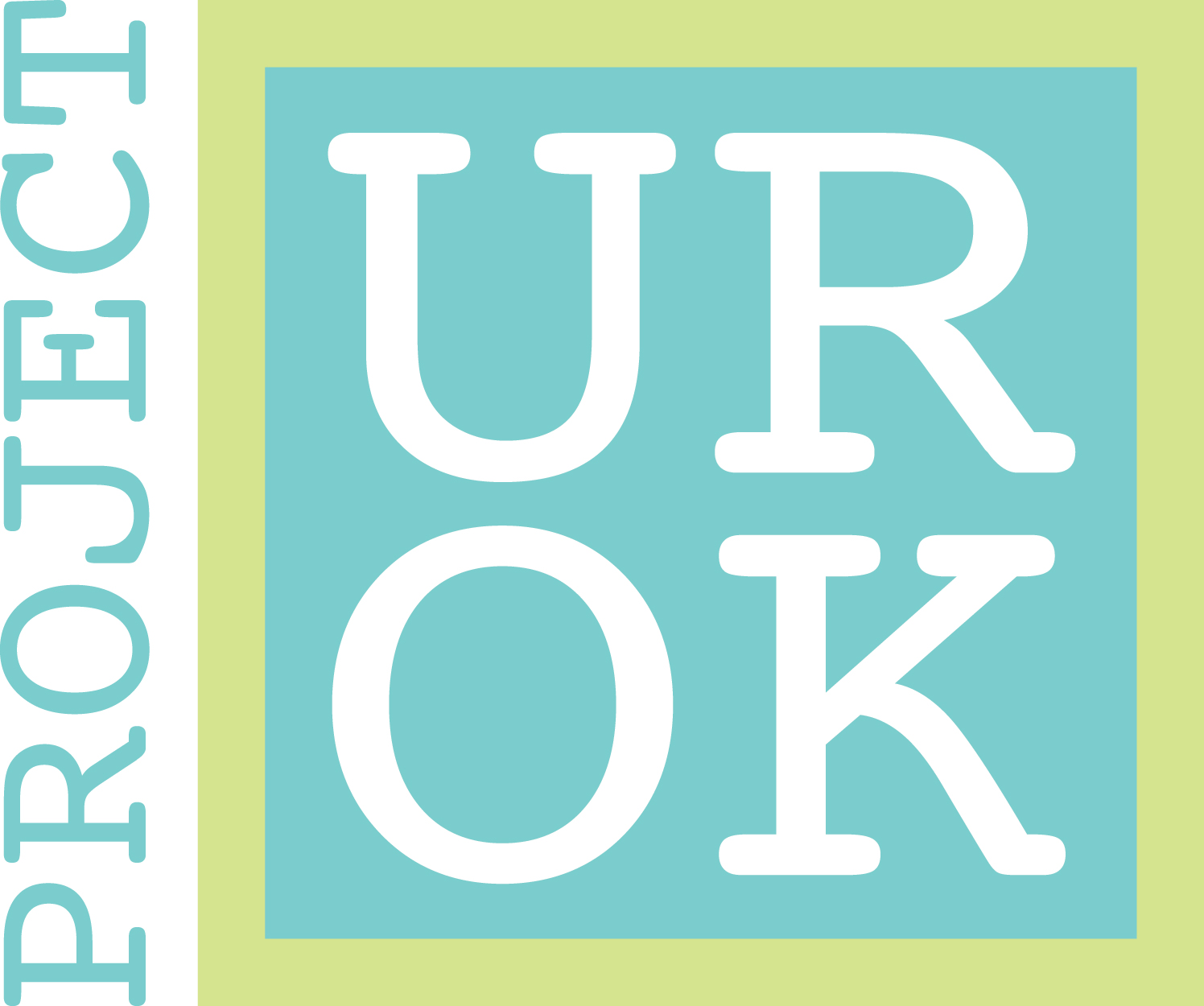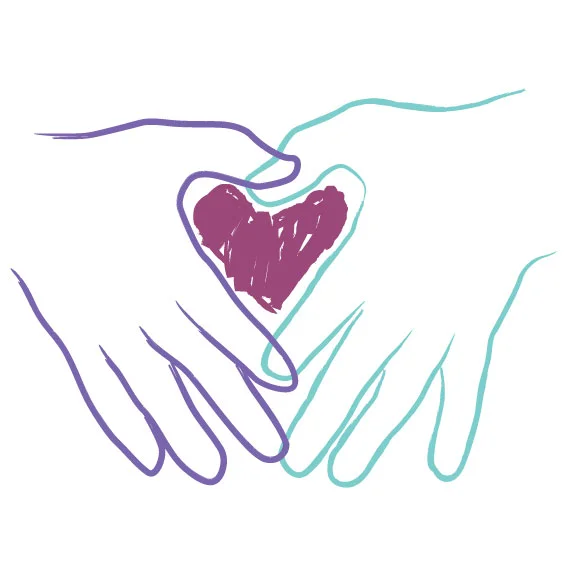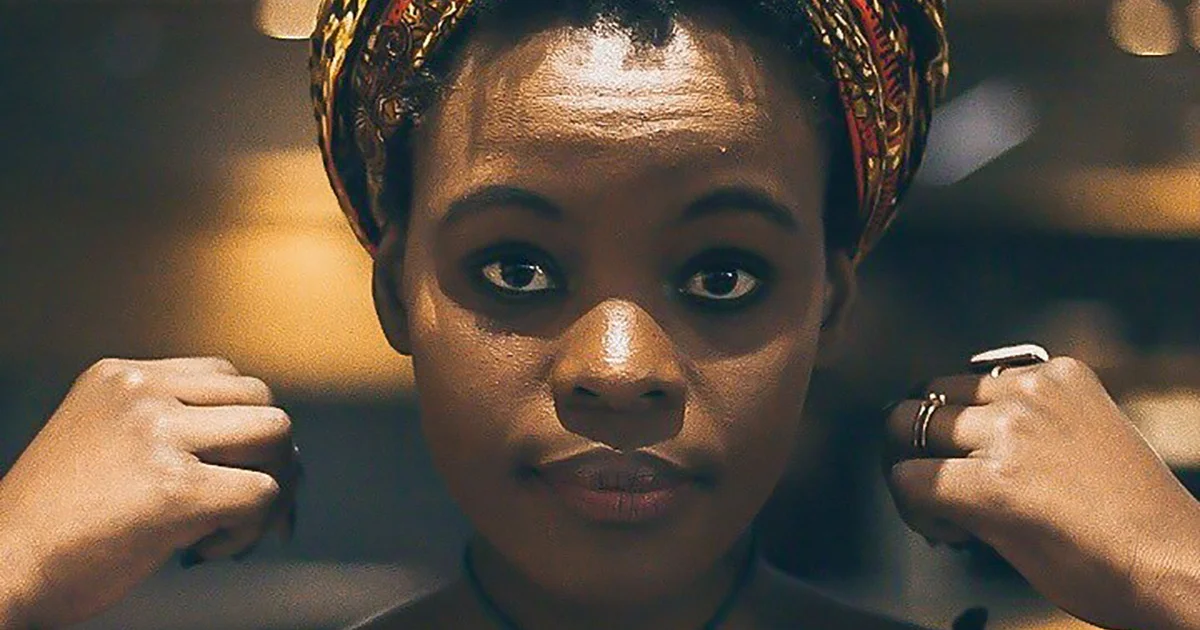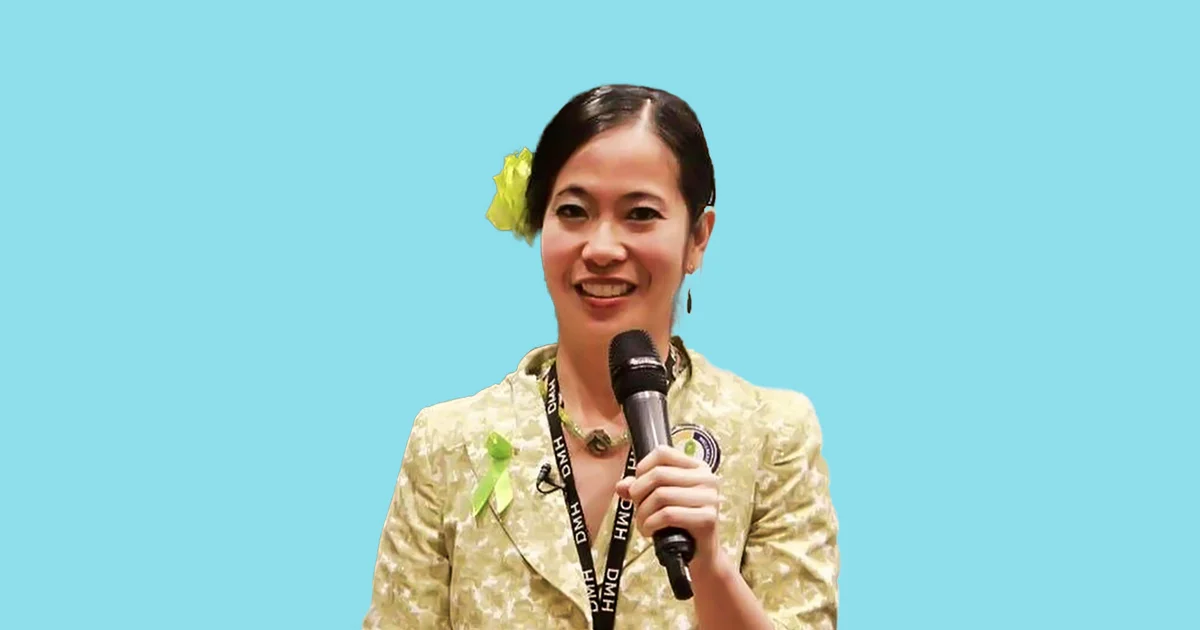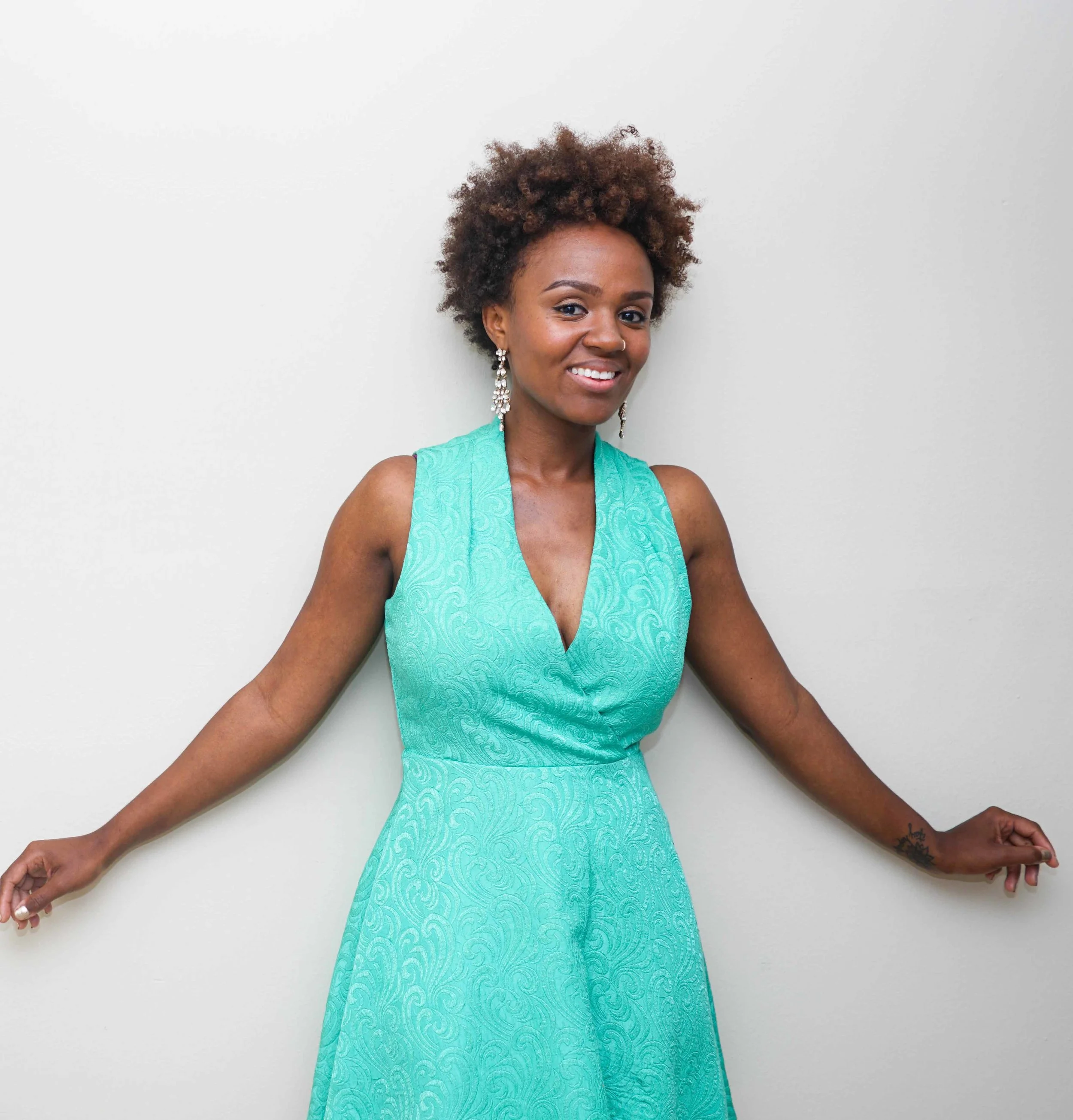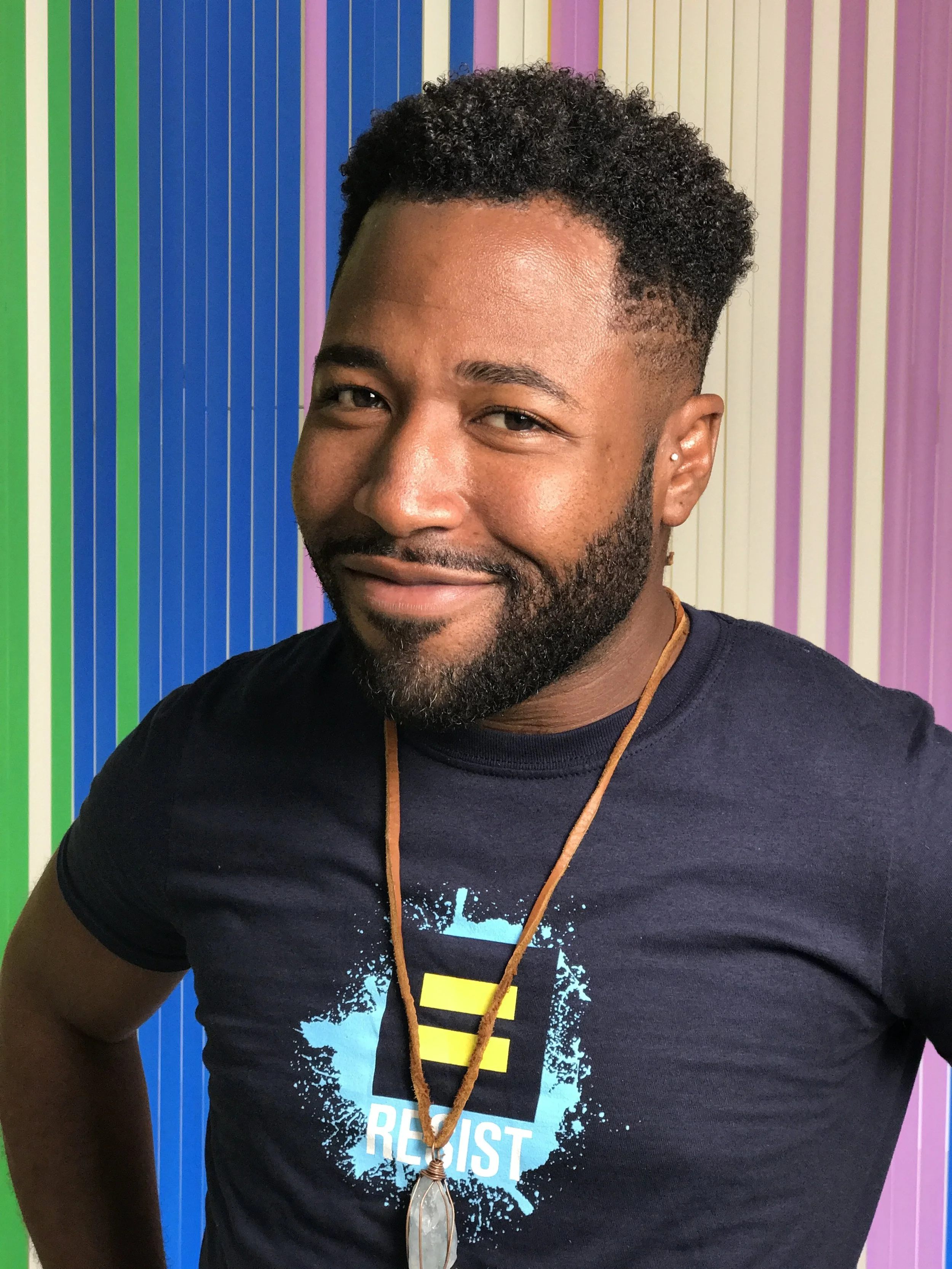I fell into a deep depression. It got so bad when I was 18 that I began contemplating suicide. I wish I could say that was the moment I turned my life around, but it wasn’t, a couple months later weighing only 38kg, hair falling out from all the chemo meds, I was admitted to the hospital. As I lay in my hospital bed, the moment that completely changed my life was when my doctor told me things weren’t looking good, and that I could die.
Read MoreAlmost a year ago today I began experiencing psychosis. Before that I always had a very low mood. I’m now fourteen and have been diagnosed with depression with psychotic symptoms and also bulimia nervosa. The past year has been a tough one, but one I am forever grateful for. I have learnt things I never thought I would and met people I never would have if it wasn’t for my illness.
Read MoreWhilst telling your parents might feel like the last thing you want to do, it’s important that you try. If you can’t tell them, then you need to speak to someone that you trust, maybe a grandparent or other relative. Talking about your problems can help you to feel better and understand how you’re feeling more clearly. Anxiety and depression can make you feel alone, but it’s important to remember that you’re not. Help is out there, and your parents will be able to offer you advice and guidance.
Read MoreI’ve been coping better with self-hatred by envisioning my inner self as a beaten and maimed person who needs to be nurtured and healed.Now, when I feel a surge of negative emotions coming on I turn to the nearest empty chair or space and visualize my hurt self in that emptiness. In my mind, I ask if he is alright and if he needs anything. I treat him as a friend in need.
Read MoreDo you know what it’s like to live your life never feeling normal? I do. I remember when I was young, no older than 6 or 7 years, and I threw up in the middle of the street while talking to a neighbor; a relative of mine hollered, “WHY CAN’T YOU BE NORMAL LIKE OTHER KIDS?” As I sat crying, wondering what exactly I could do to fix myself. I was a sickly child and no doctor or specialist could determine what was wrong), I began to feel less than adequate.
Read MoreHow did I get Here? Someone recently presented me with the question; “How did you get to where you are today? What made you realize you had to make a change?”Let me just say it wasn’t easy, but I will make my best attempt at answering those questions and sharing my journey.
Read MoreWhen you live with depression for a long time, there is no part of you that your depression doesn’t touch. Like, there is no aspect of your life it leaves alone. It can affect your friendships, your romance, your family, your grades, your work, your money, your hobbies, your passion, your sleep, your weight, your hygiene, your other illnesses if you happen to have any, and so much more. It’s everywhere, and it gets in everything. It runs through every hallway of your life and puts its hands all over everything it shouldn’t.
Read MoreIn 2012, I received a wake-up call as I sped on a Los Angeles highway wanting to die. A few days later, I walked into USC’s Student Counseling building, the same service I thought I didn’t need a few months before.I was such an emotional wreck that I had not one, but two school counselors staring at me as if I was minutes from my demise.
Read MoreThere’s a road—a little dirt path off Regular Blvd.—that hurts my mind when I travel down it. I believe we all have those little side roads we avoid, because sometimes moving on doesn’t mean making peace with what happened. Sometimes it means exactly what it sounds like: going forward. But when one can go forward, one can go backwards as well.
Read MoreMinority mental health matters to me because there are still a lot of victims to be pulled out of this situation by creating awareness about this sickness. It needs to be thought of a sickness that can be treated. Unfortunately, only a few of us have found ways of dealing with this sickness, and the rest us are suffering in silence because of the lack of knowledge or ignorance within our society.
Read MoreI took my stand at the podium and stated, "I will not end my life because I have a story to share. The more we talk about mental health, the more we will alleviate the stigma. There is no shame. There is no shame!" That is when I began my grassroots journey to bring awareness to mental health in my communities.
Read MoreI have seen the effects of untreated mental health in my life and in the black community. As minorities, it is undeniable that we have been exposed to so much generational and present day trauma. I believe our community has to learn how to heal. It is our time to change the narrative of what mental health looks like in our community and make emotional wellness a priority. I believe that if we can successfully do this then we can change the trajectory of our future generations.
Read MoreI recently founded the Queer Minority Mental Health Project to advocate for greater representation of, and resources for, LGBTQ people of color in the mental health field. Too many living at the intersection of these identities, including myself, lack representation in the mental health narrative and struggle to find LGBTQ and culturally competent providers. The Project seeks to educate the public on the unique mental health experiences of this community, and help providers understand their unique needs.
Read MoreI wouldn't be alive if I didn't tell someone I needed help. I would have done that much sooner if my depression and anxiety issues were normalized. I founded Depressed While Black to be an online platform where we can share stories that remind us we are not alone. Our mental health is often bombarded with messages that people of color are less deserving of psychological care. Minority mental health reclaims our minds and embraces our complex and vulnerable humanity. Taking medication doesn't make you less of a spiritual person.
Read MoreI've written extensively about my experience as a postpartum depression and anxiety survivor. In my visual art, I focus on the impact of trauma-both inherited and personal, and how living with rapid cycling bipolar disorder type 2 impacts my life. In my first couple of years as a mental health advocate, I noticed a lack of outreach and advocacy targeted specifically to and inclusive of women of color. I noticed our needs and experiences weren't being widely recognized or discussed and saw very few spaces dedicated to providing us support.
Read MoreI founded QTPoC Mental Health in March 2015 after a year-long breakdown brought on by resurfacing trauma, and instead of getting support and compassion from the people around me at that time, I was abused in multiple ways. Desperation got me started; gratitude and love keep me going. And the movement to create emotional support resources by and for queer & trans people of color just keeps growing because of so many of us, myself included, need support that existing systems of care don't currently provide.
Read MoreI do not engage in full-time mental health work. but I do use my platform to regularly discuss mental health. I've written about my own challenges with depression for major publications and I host chats about mental health on Twitter. I try to be as open as possible about my past issues with depression so that others will feel safe to share their stories and seek the help they need. Many people have reached out to me on social media, which makes me feel very proud that my transparency makes a difference.
Read MoreI found Letters to Strangers when I was 14. Two years prior, I'd sunk deep into depression and bipolar disorder and attempted suicide. After that experience, I couldn't bear the thought of anyone feeling so lonely and lost. I believe in the power of human connection; that writing is humanity distilled into ink; that one letter - one human connection - can save a life. So when I heard of people at VidCon exchanging letters with strangers for fun, I transformed that into an in-school experience where peers could support each other with anonymous letters meant to share their own stories, thoughts, and provide solace in the comfort of respectful anonymity.
Read MoreMinority mental health matters to me because in my community, it is still so taboo to discuss it. My dad was from India and my mom is African American. I was raised in an all African American community, and people did not talk about mental health. Even now, it seems that many are still afraid to face these issues head-on. What so many don't understand is that help is there and it is possible to lead a successful life. There are so many levels of mental health and I want to do my part to raise awareness.
Read MoreMinority mental health matters for a myriad of different reasons. Minorities and people of color carry the weight of our collective trauma. No matter how we dissect it, we're still trying to make sense of some heavy historical pains. As people of color, we don't receive adequate and ongoing mental health support. During my time serving as a community-based therapist, I witnessed everything. I stood helplessly over incubators looking at newborn babies addicted to heroin. I cried with mother's as their children were shipped off to juvenile detention centers. I was also faced with de-escalating multiple violent domestic disputes.
Read More